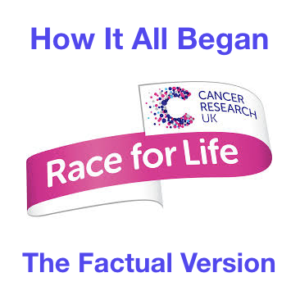 Early in 1993, John Cowan was diagnosed with the Prostate Cancer which would eventually take his life. The diagnosis motivated John’s son, Jim, to create a fundraising event to support the fight against cancer.
Early in 1993, John Cowan was diagnosed with the Prostate Cancer which would eventually take his life. The diagnosis motivated John’s son, Jim, to create a fundraising event to support the fight against cancer.
Through the summer of 1993, he researched what events already existed and searched for a ‘gap in the market’ – a gap big enough that it could be fully exploited to raise significant funds and increase awareness.
Although his starting point was his father’s Prostate Cancer, he ended up creating an event which raised funds for, and raised awareness of, women’s cancers. That event was to be called ‘The Race For Life.’
Jim had already organised a number of different fundraising events for good causes and also organised some road running events.
Using the road running events as a starting point, he identified that women were seriously underrepresented in running events, often with fewer than 15% of fields. It occurred to him that, surely, more women must want to run these events but, for some reason, weren’t, So, he decided to discover why not?
He found three key things were preventing women from taking part in road running:
1. The distances were generally considered too long. At the time most events were 5 miles and further. 5km road events were few and far between, 5000m being seen more as a track athlete’s event.
2. The events that were available were not viewed as ‘female friendly.’ The general atmosphere was very male dominated and, it was felt, unwelcoming for women.
3. Existing races were overly competitive, very serious and, put simply, just not fun.
Jim realised that, providing a solution to these issues would combine very well with his desire to create a new fundraising event to support the fight against cancer. That solution was to create a series of 5km runs, open only to women, which focused on fun not on competition. He called his idea, ‘The Race For Life.’
Initially, Jim took his idea to a breast cancer charity which, following consideration, declined the idea having decided it would not work. Then a conversation with a friend at his local athletic club opened the door to making an approach to the Imperial Cancer Research Fund (ICRF – Cancer Research UK’s former name). That friend was about to start temping at the charity and promised to find a contact name for Jim to approach.
This she did, and on 5th October 1993 Jim wrote to ICRF’s Events Manager, Jill MacRae (nee Baker), outlining his idea. A meeting was arranged, which then led to Jim organising the very first Race for Life in Battersea Park in 1994.
The rest should be a matter of historical record. However, following the successful launch Jill MacRae decided to falsely claim the idea as her own and ICRF, and later CRUK, have denied the idea was Jim’s, coming up with a range of different stories and whitewashing him from any mention in association with the event.
It is time for Cancer Research UK to do the right thing, stop the lies, and recognise Jim for his amazing creation, one which has benefitted the charity by many hundreds of millions of pounds, opened up running to women, and which changed the fundraising landscape in the UK forever.
And, one which should be a fitting tribute from a son to his deceased father.
In the Race 4 Truth, Cancer Research UK is lagging behind.
Below, a copy of Jim’s original letter proposing the Race for Life to ICRF/CRUK.
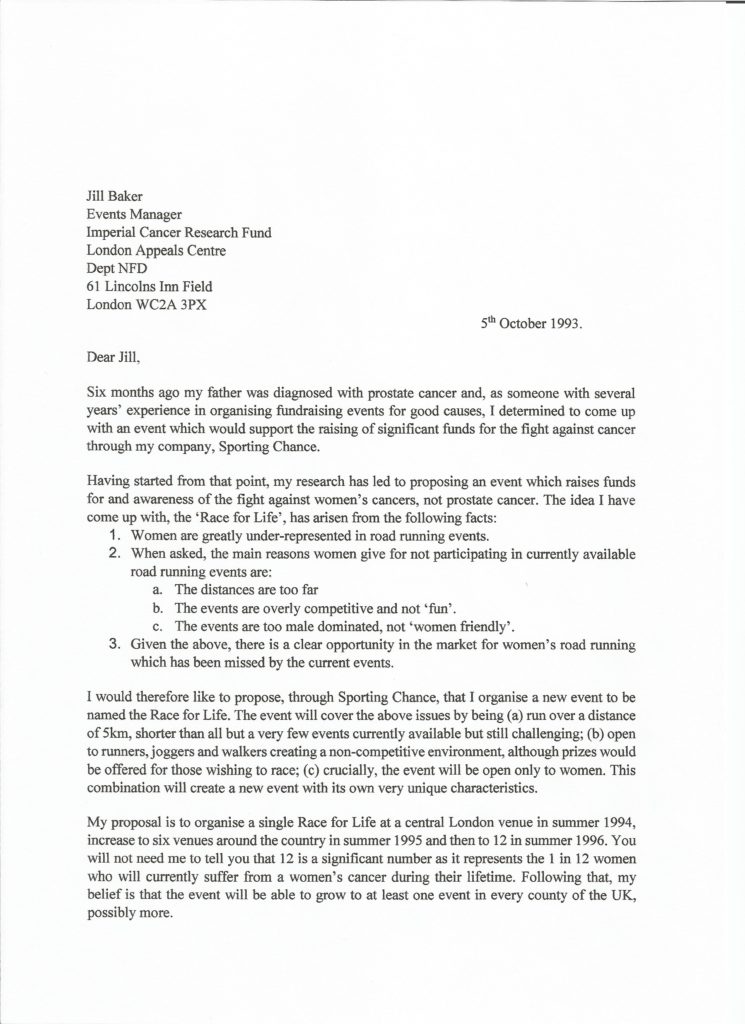
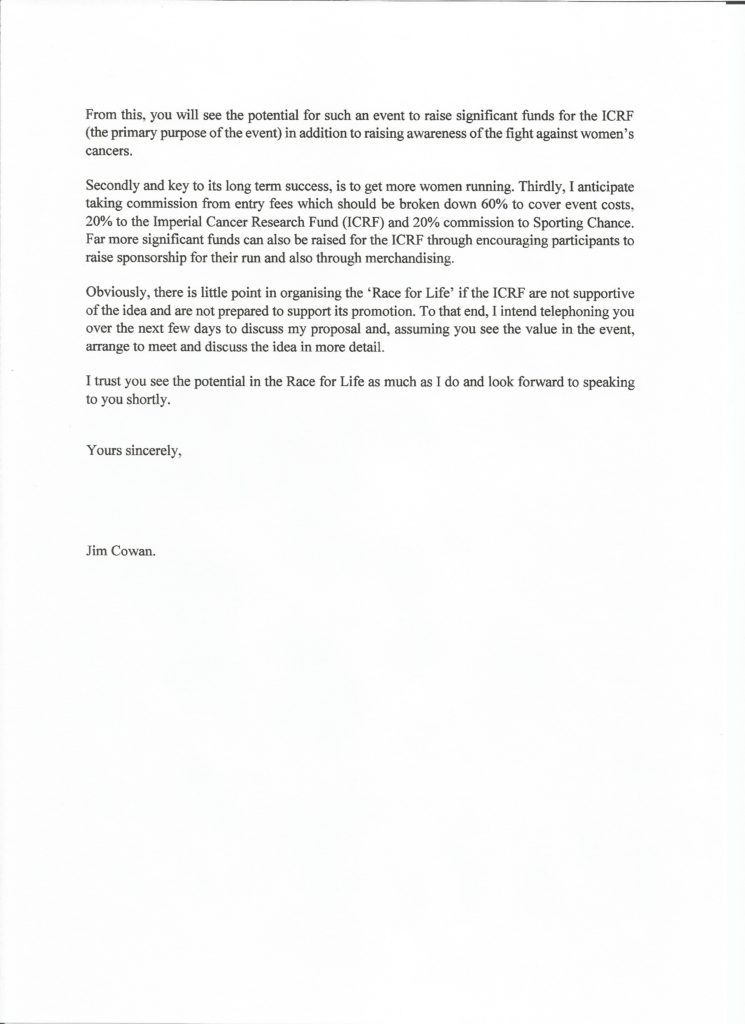
 The Race 4 Truth has now been up and running for three months and the silence from Cancer Research UK in response has been deafening. But that silence speaks volumes.
The Race 4 Truth has now been up and running for three months and the silence from Cancer Research UK in response has been deafening. But that silence speaks volumes.
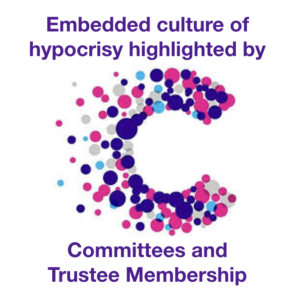
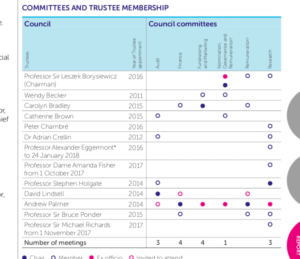
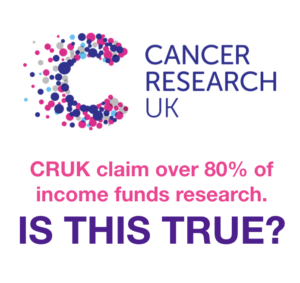 Cancer Research UK’s 2017-18 Annual Report claims “more than 80p from every £1” goes to funding research. However, a closer look reveals the figure is not an accurate one and omits certain income streams to paint a better picture than the reality.
Cancer Research UK’s 2017-18 Annual Report claims “more than 80p from every £1” goes to funding research. However, a closer look reveals the figure is not an accurate one and omits certain income streams to paint a better picture than the reality.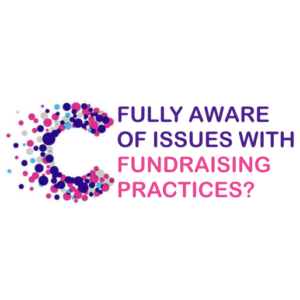 Here at the Race 4 Truth we have highlighted a number of concerns over the way Cancer Research UK deliberately misleads supporters, misrepresents facts, displays serious hypocrisy, and potentially supports fraud. We have gone as far as to question the culture of the organisation and its poor ethics and low integrity.
Here at the Race 4 Truth we have highlighted a number of concerns over the way Cancer Research UK deliberately misleads supporters, misrepresents facts, displays serious hypocrisy, and potentially supports fraud. We have gone as far as to question the culture of the organisation and its poor ethics and low integrity.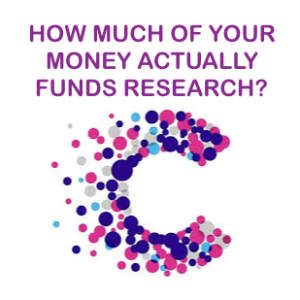 There is a subtle but important difference between funding Cancer Research UK and funding research into cancer.
There is a subtle but important difference between funding Cancer Research UK and funding research into cancer.  Early in 1993, John Cowan was diagnosed with the Prostate Cancer which would eventually take his life. The diagnosis motivated John’s son, Jim, to create a fundraising event to support the fight against cancer.
Early in 1993, John Cowan was diagnosed with the Prostate Cancer which would eventually take his life. The diagnosis motivated John’s son, Jim, to create a fundraising event to support the fight against cancer.

 Following a series of high profile scandals, confidence and trust in the UK’s charity sector recently hit an all time low. You might think that would be a wake up call to the sector but at Cancer Research UK the intention appears to be one of deliberately further undermining that public trust and confidence.
Following a series of high profile scandals, confidence and trust in the UK’s charity sector recently hit an all time low. You might think that would be a wake up call to the sector but at Cancer Research UK the intention appears to be one of deliberately further undermining that public trust and confidence.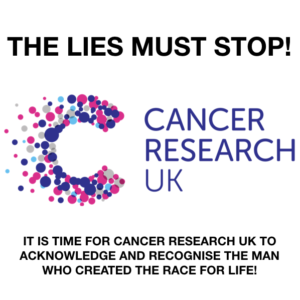 Imagine creating a groundbreaking new fundraising event, one which goes on to raise over £1/2 Billion for the charity you shared it with and which changed the fundraising landscape in the UK for good, creating a type of event which has raised many times more than that for hundreds of charities.
Imagine creating a groundbreaking new fundraising event, one which goes on to raise over £1/2 Billion for the charity you shared it with and which changed the fundraising landscape in the UK for good, creating a type of event which has raised many times more than that for hundreds of charities. The National Council for Voluntary Organisations (NCVO) has been developing a set of principles that can act as a ‘code of ethics’ for the charity sector and is now consulting on a draft code.
The National Council for Voluntary Organisations (NCVO) has been developing a set of principles that can act as a ‘code of ethics’ for the charity sector and is now consulting on a draft code.